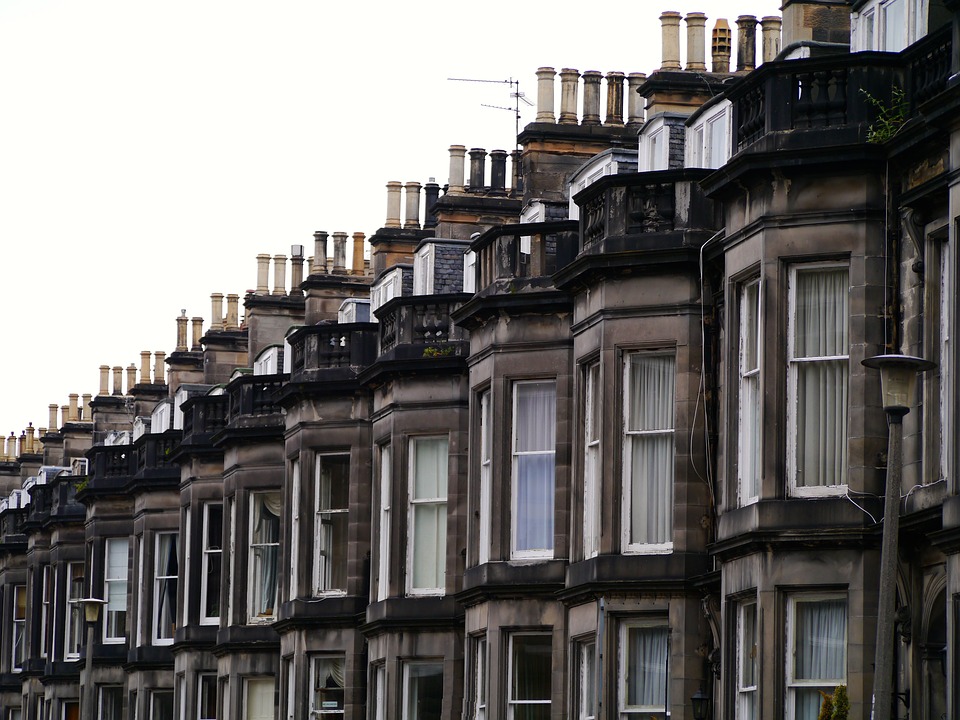Household Bills
Homeownership rates fall sharply among ethnic minority groups

Homeownership rates in England have fallen since 2001, with much of this down to a decline in homeowners from ethnic minority groups.
An analysis of Census data by not-for-profit organisation Positive Money, which campaigns against money and banking inequality, found that since 2001 homeownership rates in England had dropped by 6.3%.
However, the drop is sharper among ethnic minority households who over the same period recorded an 8.5% decline, compared to a 3.1% fall among white British households.
Between 2011 and 2021, the national homeownership rate fell by 1.8%, which Positive Money said reflected an increasing number of ethnic minority households in the population and their low homeownership rate.
Within ethnic groups during that period, the average homeownership rate among Pakistani people has dropped by 3.3%, as has the rate among Bangladeshi people. For black Africans, there has been a 1.3% decline in the decade to 2021, and for black Caribbean people the rate has fallen by 3.9%.
All other groups have seen either a stable or increasing rate in homeownership over the 10-year period.
A capital issue
In London, the issue is more prevalent. Londoners of mixed white and black Caribbean background, Indian, Pakistani and black Caribbean were less likely to be homeowners in 2001 and this declined by 10% in 2021. This is higher than the decreases among other ethnic minority households elsewhere in England, where the drop was between 4% and 7%, and sharper than the drop in homeownership rates for white British Londoners who recorded a 2.5% fall.
Currently, less than a quarter of people from mixed white and black African, mixed white and black Caribbean and black African backgrounds are homeowners in London.
Positive Money said this indicated that people from ethnic minority backgrounds were worse affected by the housing crisis.
Across those aged 35 to 49, the census found that 61% owned their own home in 2021, however, this dropped to 28% among black respondents. For mixed race and Arab households, this fell to around 10% to 20% lower than the national average across all age groups.
Ethnic minority households are 3.5 times more likely to be overcrowded too, the analysis showed.
A two-tier housing system
Martha Dillon, housing policy lead at Positive Money, said: “Our findings confirm that the housing crisis is of an order of magnitude more extreme for black, Asian and ethnic minority communities in England and Wales. The government and opposition claim to want to bring homeownership rates up, yet do not acknowledge that falling homeownership rates and unacceptable living conditions have been concentrated among black and Bangladeshi households.
“The situation for ethnic minorities starkly illustrates that the transformation of our homes into vehicles for accumulating wealth over the last decades has created a two-tier housing system. On the one hand, an expensive system of homeownership; on the other, a precarious, unaffordable and dangerous rental sector, that the majority of black, Bangladeshi, mixed race, Arab, Roma and traveller households have little option but to live in.”
She added: “We urgently need to tackle the inequalities in our housing system, but this needs more than efforts to make mortgages easier to access. We need serious long-term plans from policymakers that halt the invasion of our homes by financial interests, grow the social housing stock and protect people from poor quality, unaffordable and overcrowded homes.”